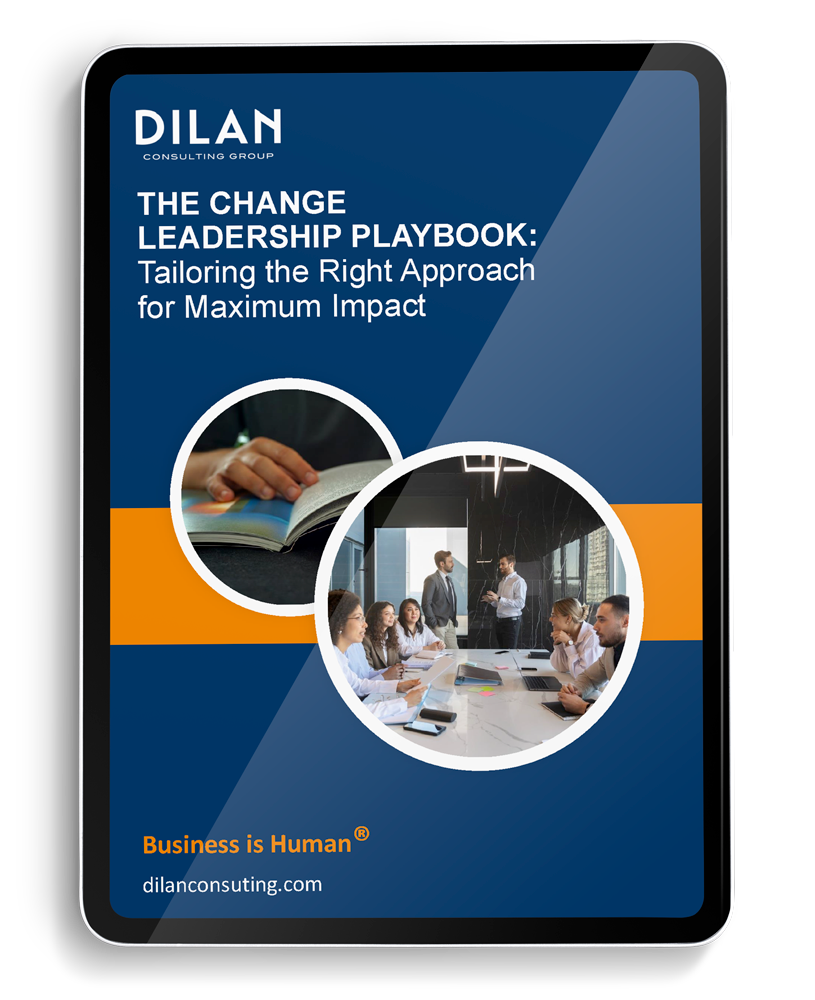Recently, I had the honor of speaking at the Elevate HR conference organized by Merit HR in the San Francisco Bay Area, where the insights that I shared about HR’s potential role in crafting a culture of ethical leadership within organizations were positively received. This has inspired me to pen a blog on the same subject. In a landscape often dominated by the pursuit of profit, injecting humanity and ethical considerations into the business equation is our navigational tool for upright conduct. Such an approach goes beyond just being agreeable—it is fundamental for nurturing a vibrant community and a resilient environment. For those at the helm of HR, it involves advocating for practices that respect the inherent worth of individuals and the collective prosperity of all stakeholders involved.
Here’s how applying Six Lenses of Ethics, as identified by the Markkula Center for Applied Ethics at Santa Clara University, can transform an organization’s culture and leadership and build trust and engagement among its people and stakeholders:
1. Rights Lens: Develop an organizational “Humanity Charter” that actively recognizes and safeguards each employee’s rights and liberties. Regularly reassess HR policies for alignment with this charter and train management to embody these principles in daily operations and interactions.
2. Justice Lens: Form a “Justice Advisory Committee” that reflects employee diversity to provide perspectives on the fairness of company policies. This group should monitor the fair allocation of resources and ensure unbiased recognition and grievance resolution, based on both merit and necessity.
3. Utilitarian Lens: Embrace a “Holistic Impact Assessment” process. Decision-making should weigh the consequences for the corporation, the community, and the environment. Analyze impacts on employee well-being, community health, and environmental stability to ensure a comprehensive view informs corporate choices.
4. Common Good Lens: Initiate “Sustainability Circles” for employees to engage in projects aimed at the common good, like environmental conservation or community education. This cultivates a sense of purpose beyond the company walls and fosters activities that benefit the whole ecosystem.
5. Virtue Lens: Promote a “Virtue-Based Leadership” paradigm that esteems and rewards behaviors that reflect virtues such as empathy, accountability, and respect. Leadership mentorship programs are particularly beneficial in nurturing these virtues by setting an example for others to follow.
6. Care Ethics Lens: Adopt “Care-Based Conflict Resolution” methods that give precedence to empathy and understanding when resolving workplace disputes. This technique strives for resolutions that are both compassionate and constructive, with an emphasis on relational and emotional aspects.
Infusing these ethical lenses into the essence of corporate ethos not only preserves moral standards but also fosters a vision of commerce that is intrinsically human. A business that is conscious of its place within society’s fabric and acts with responsibility towards the environment establishes a new benchmark for success—one that is quantified not merely by financial gain, but by social and ecological well-being.
Additionally, operating with integrity cultivates employee trust and engagement. When staff members see that their company does not just talk about ethical practices but actually embodies them, it builds a foundation of trust. Trust leads to increased loyalty, lower turnover, and a more engaged workforce, as employees feel secure in an environment that values fairness and respect. Moreover, an ethical reputation can attract top talent, create stronger community ties, and potentially lead to more sustainable business growth. This is the dawn of a new era in business, where the core values of humanity and ethical integrity are the cornerstone of innovation and affluence.




